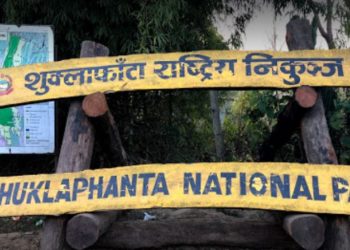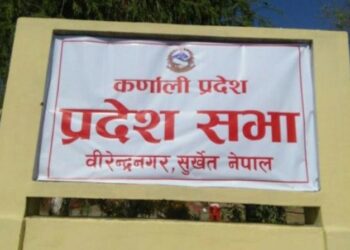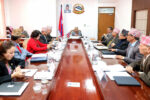NEW DELHI: After the revocation of Article 370 in Kashmir, Pakistan has been recruiting youths as Inter-Services Intelligence (ISI) agents in its neighboring countries, including Nepal, an Indian media report has revealed.
The objective has been to carry out terror attacks in India, the reports said adding that Pakistan has carried out recruitments of its agents in Nepal, Sri Lanka, UAE, Maldives, and even in India.
A sting operation carried out by an Indian private television channel, Aajtak, with an ISI agent named as Nazir Ahmad Bhat in New Delhi revealed that the ISI has been currently recruiting people from these countries.
Nazir is heard to have been telling the Indian TV reporters that he can make an appointment with ISI agent Major Abdullah, who recruits people in India. During the course of the conversation, Nazir said the meeting can be in four countries anywhere in India, Nepal, Dubai or Sri Lanka.
Most importantly, Nazir even revealed that the meeting can also fix the meeting with major Abdullah at the Kathmandu-based Embassy of Pakistan.
Meanwhile, reports have said Pakistan’s intelligence agency, ISI had earlier recruited several Sikh youths settled in Europe, US and Canada and were being ‘misguided and instigated’ against India with malicious propaganda.
India has repeatedly alleged Pakistan of training, arming militants and helping them infiltrate across the Line of Control (LoC) to mount attacks on the Indian soil. Pakistan, however, has been denying those allegations.
India and Pakistan, both nuclear-armed countries, have fought two of their three wars since the independence of India in 1947 over Muslim-majority Kashmir.
Indian media reports have said that New Delhi has accused ISI of working in cahoots with some of the religious hardliners in various countries of Europe to promote false propaganda against India.
Consider what Raveesh Kumar, India’s Ministry of External Affairs spokesperson said recently: “Pakistan is using people even from outside to create disturbances all across India, not only in the (Kashmir) valley.”









Comment